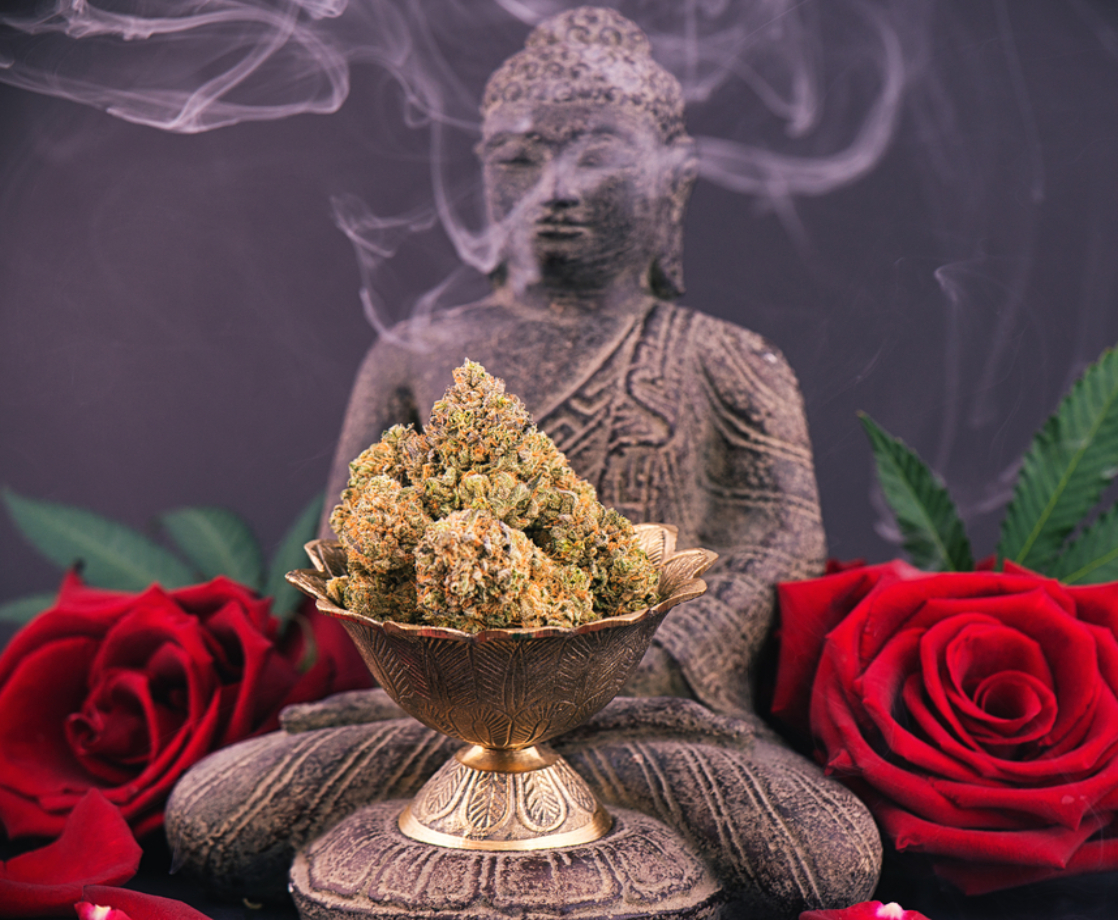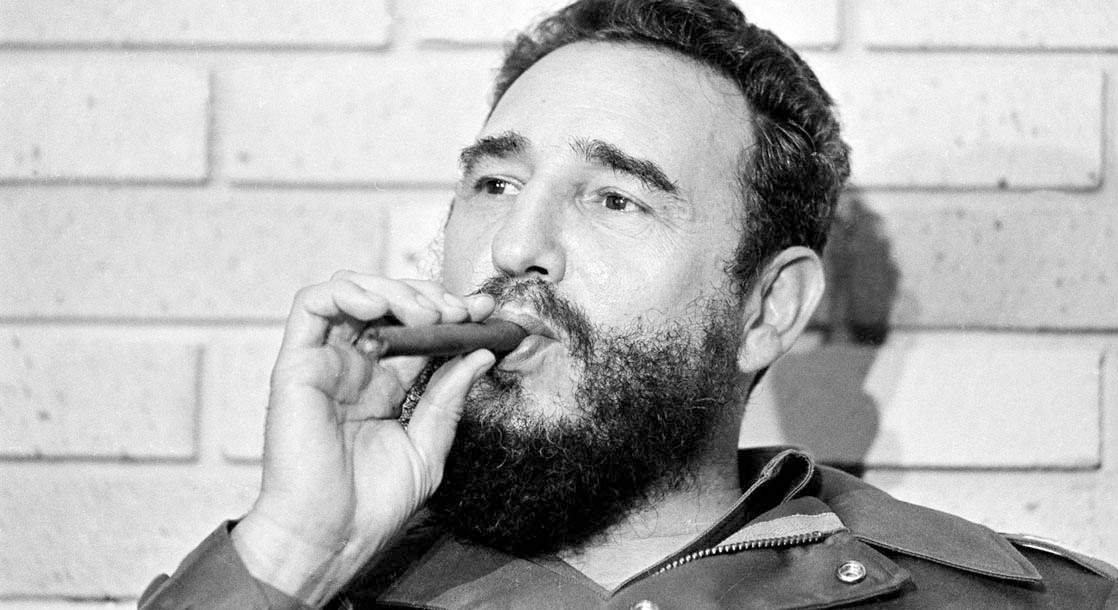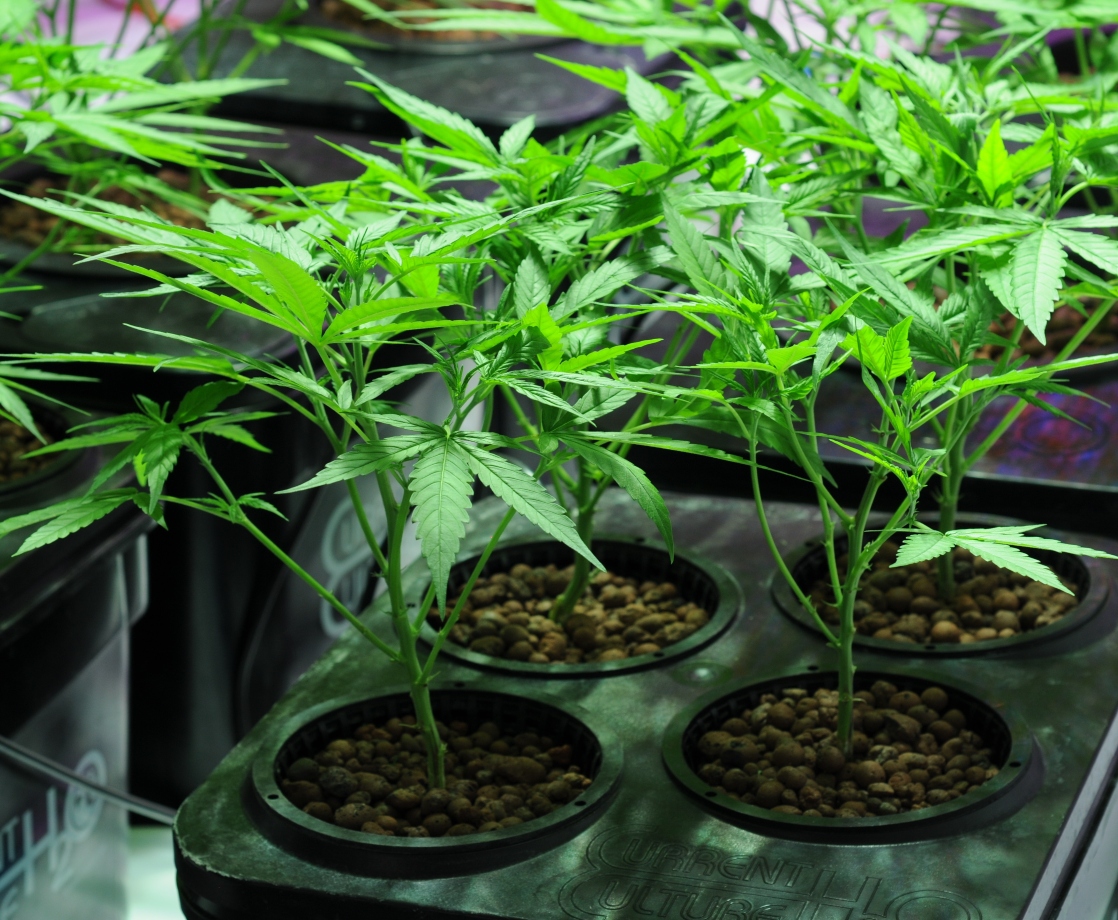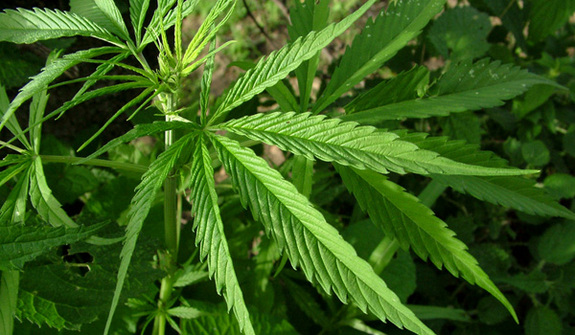Self-care is the secret to life. It fuels self-respect. It’s charges our physical, emotional, and spiritual batteries so we can show up to anything fully present and powerful. Whether you’re a stay-at-home parent or around-the-clock workaholic — or both — developing self-care habits is the key to survival, especially when burning the candle at both ends is pretty much the only way to stay afloat in late capitalist America.
But sometimes cultivating a self-care routine is difficult. How are we supposed to create a practice around nourishing ourselves when our culture promotes drinking, partying, working until you lose your sanity, not sleeping or eating well, overspending, and remaining distracted and disconnected all the time? It’s hard. You really have to work at it. And, even when you do, it’s something you never fully master. Self-care is a lifelong journey that’s always shifting as we ourselves evolve.
Just know that you don’t necessarily have to spend money in order to practice self-care. That said, sometimes buying weed and a book is exactly what you need to feel passionate about yourself and life. But what about a book that can teach you how to foster a better relationship with your own mind and body? Finding Your Higher Self by Sophie Saint Thomas, author of MERRY JANE’s beloved “Stoned Sex” column, is exactly that.
Sophie highlights over 100 exercises designed to help you tap into your highest vibration, and she details how to thoughtfully infuse each activity with cannabis. Whether throwing yourself a dance party, writing a love letter, hanging out naked, enjoying a guilty pleasure, or watching a sunset, the goal is connection. Deep connection. And the best part is that every act is tangible enough for virgin cannabis users, yet there’s enough room for depth, making the suggested practices just as effective for those who’re already on a blooming self-love journey.
Finding Your Higher Self acts as a guide to help you root into an ongoing practice that promotes loving who you are. Because when you fall madly in love with yourself, you create fertile soil for deep, powerful healing. No traumas can withstand the flourishing power of love, especially when it’s directed at yourself. And given the chaotic climate of our world, a book on how to enhance your self-care for mind-body bliss couldn’t be more timely. We caught up with Sophie to discuss her own voyage, including why she wrote the book, and what she hopes people take away from it besides a better sense of well-being.
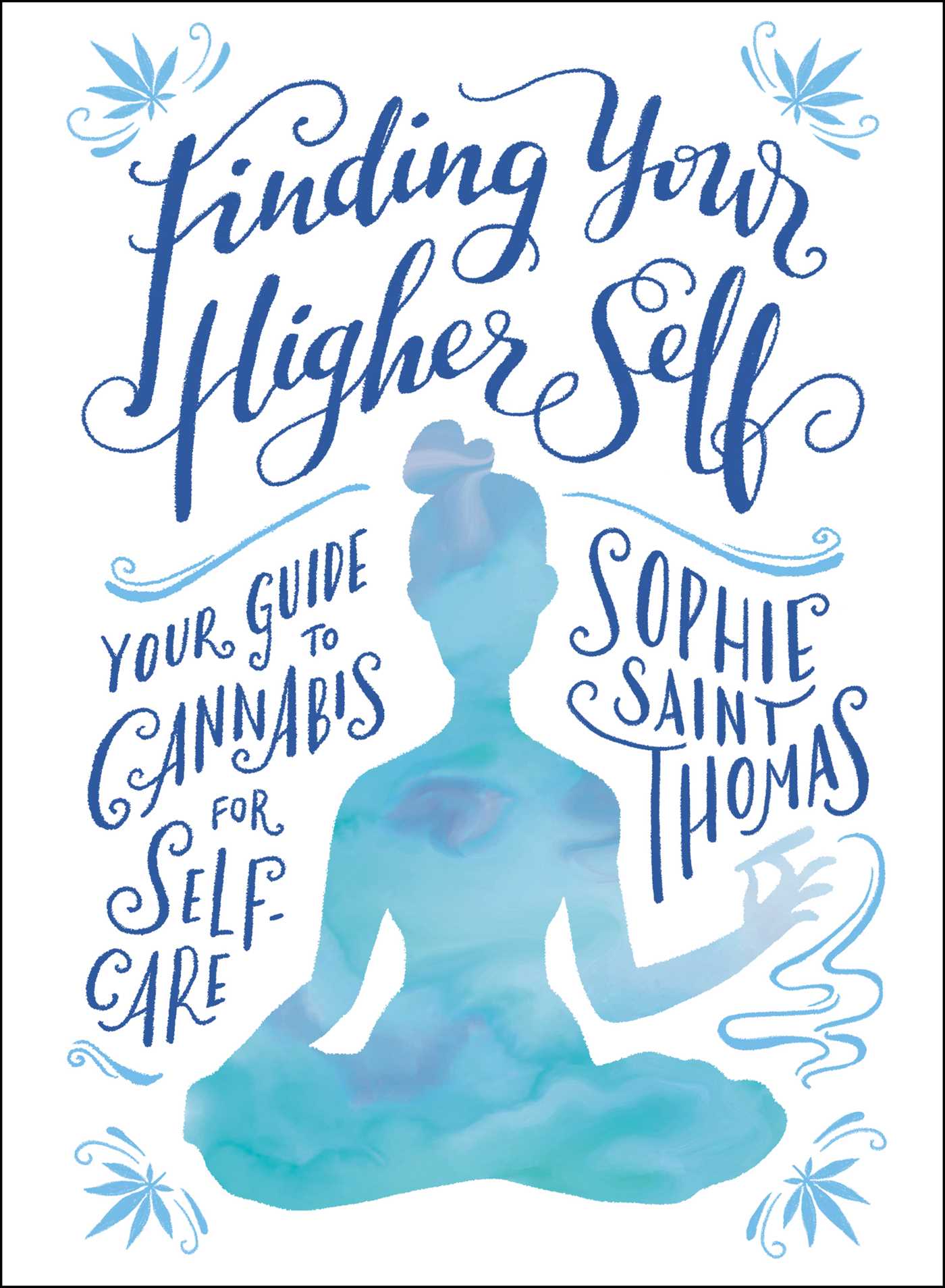
MERRY JANE: What inspired you to write a book on using cannabis to tap into your higher self?
Sophie Saint Thomas: I grew up in the Caribbean around ganja and Rastafarian culture and always found the US’s cannabis laws completely absurd and so obviously full of shit. Weed makes people happy and we should let it, rather than cling onto Puritan ideals that deem anything pleasurable evil.
However, cannabis did not become a major part of my personal growth until 2014. In 2013, I was sexually assaulted by a terrible, violent person, causing my sex life and ability to socialize to suffer greatly. I was a mess. Someone suggested I try medical marijuana for my PTSD, so I did. And it worked. My flashbacks stopped, and it allowed me to become an extrovert and fantastic public speaker. I always take 10mg of cannabis before an event.
I was so blown away by how effective cannabis was for me in treating anxiety and flashbacks — in addition to making me feel good — that I had to know what else this plant could do. I used my journalism skills to research and learn everything I could.
As both a medical patient and a recreational user, I often think about how we tend to strictly divide the two, but how much overlap there is, as well. Am I using cannabis before a date to treat my anxiety, or because it makes me feel good and enhances intimacy and sex? Does it matter? Why can’t we have both? With Finding Your Higher Self I wanted both. I wanted to create a book of activities that anyone could do but that incorporates our most recent research on the plant.
When did you personally tap into your higher self? Did cannabis influence that?
I would say it’s been a slow process that is most significantly marked by my sexual assault and resulting recovery, which cannabis has been vital to. Right now, I know how to ask for what I want. That’s how I got this book. I’m confident, and I don’t settle for less than I deserve. Before any of that could happen, I had to really fall in love with myself. After the rape, I used to scream “I hate you” at myself into a mirror. Cannabis, coupled with meditations, baths, and dance parties — as detailed in the book — helped me fall back in love with myself and move forward and into a place of power.
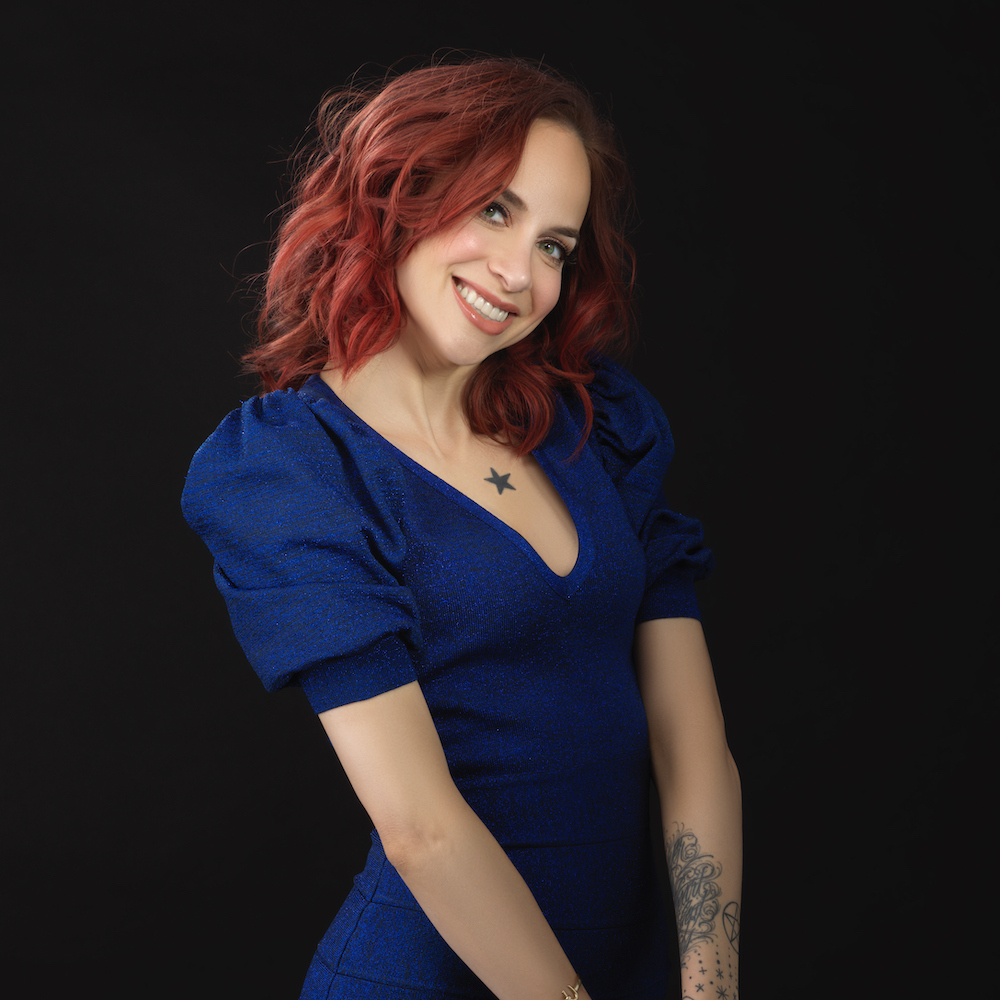
What’s the relationship like among self-care, stepping into your power, and becoming the best version of yourself?
When we’re exhausted and feel badly about ourselves, we’re not going to be the best partner. We’re not going to be good to ourselves, even. Our work isn’t filled with pride because we don’t have time to pamper our lover or give a project our all — we’re run down. It’s almost become cliche to say this, but: The key to success isn’t just working hard; you have to take care of yourself so you can work hard and be your best. That means scheduling time to unwind, relax, and experience some of the pleasure that we’re lucky enough to access.
Today, the concept of “self-care” has become a capitalistic trap, causing people to think that they have to spend money in order to tap into their highest selves, or even just to take care of themselves. Your book defies that, which is extremely refreshing. Can you go into that a bit?
Sometimes retail therapy, such as buying a new pair of shoes, does make us happy, because they raise our confidence levels. Other times, we spend $100 on a new crystal and feel more stressed worried about our bank accounts. That’s not self-care — that’s capitalism. Anyone who has had their heart broken knows that internal happiness is dependent on personal achievements and relationships.
Self-care recognizes that our relationship with ourselves sets the stage for the rest of our life. That’s why there are so many activities in the book such as breathing exercises and meditations. All you need is yourself (well, and some cannabis). As with all pleasure, if you want to spend money, don’t feel guilty. But this book wants you to understand how you’re total royalty just the way you are. The exercises are meant to help you realize that, because we’re always our own biggest critics.
What was your most memorable moment writing this book?
When I was writing this book I had an orange Ziggy Stardust mullet-style hair cut. It was fabulous. But at one point my bangs desperately needed a trim. What I should have done — if I wasn’t a self-care hypocrite — was schedule a bang trim at my salon. Bang trims are quick and inexpensive. Instead, I decided to do them myself around midnight after writing all day. I own professional sharp shears, and, in my exhaustion, I trimmed off the skin that covers my left knuckle.
My girlfriend at the time took me to the ER, and they stitched it back on and put my finger in a cast. Obviously, I kept writing with the cast on. I finished ahead of deadline, but gave myself tendonitis in the process, which is intense inflammation of the wrist tendon. It was the moment I finally embraced CBD in my life. A CBD-heavy topical from my medical dispensary took the wrist pain right away. Cannabis is an anti-inflammatory after all. So, that memory taught me to take my own advice and slow down, and let others do the work sometimes (like a hairdresser). It also taught me that despite all the CBD-snake-oil-sellers out there, when done right, CBD truly is a miracle healing tool.
What do you want people to take away from your book, besides tools for enhancing self-care?
Cannabis is a sacred plant. That doesn’t mean you shouldn’t get shamelessly high from it — that’s an act of self-care — but it does mean that puritanical America criminalized it for racist, anti-immigrant, and capitalist reasons fueled by a religious government.
In other societies and cultures, such as the Caribbean and Rastafarianism, cannabis is a sacrament. It’s the perfect tool to add to a meditation. It’s mind-expanding, it helps with creativity and divergent thinking, it safely lowers inhibitions and encourages free thinking, and it’s an unmatched tool for reflection.
Cannabis is also so safe it’s ridiculous. If you’re in a safe place, the worst thing that can happen is that you get too high. This plant wants to care for you. Let it.
Can we expect more books from you in the future?
Oh yes. Follow me on Twitter and Instagram @TheBowieCat for new book announcements.
Follow Mary Carreon on Instagram and Twitter
Follow Sophie Saint Thomas on Instagram and Twitter and order a copy of “Finding Your Higher Self” here


